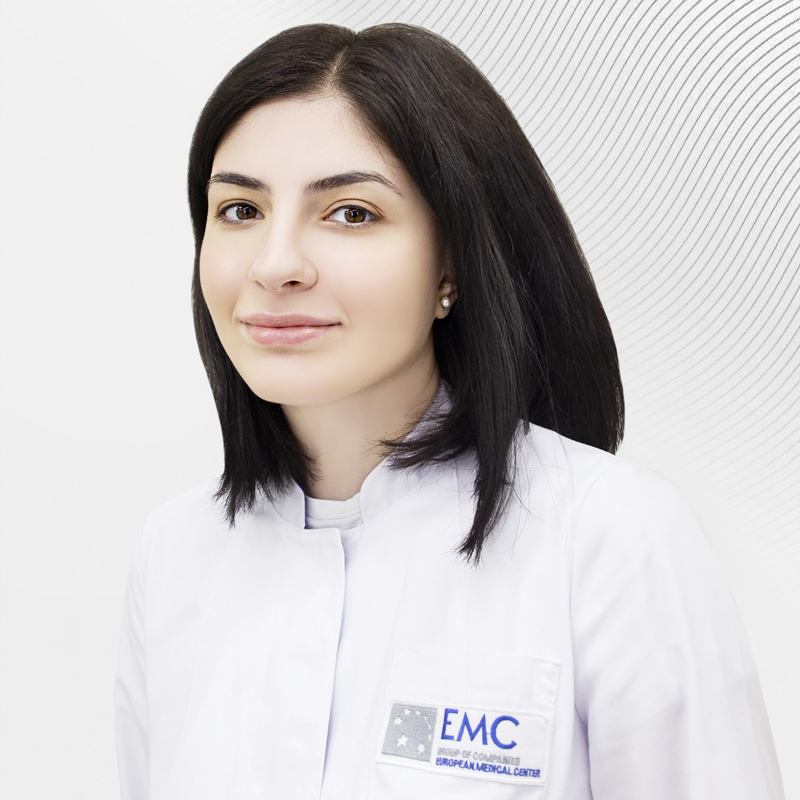IVF and surrogacy
There are situations when a woman cannot carry a child on her own. In this case, in addition to the IVF procedure, she may be offered surrogacy. The latter is participation in the in vitro fertilization program, except for spouses, a third party – a surrogate mother. It is into her uterus that the embryos obtained from the oocyte and sperm of the spouses are implanted.
Reasons for resorting to surrogate mothers
Each of the parties has its own reasons for accessing the program. The search for a surrogate mother is resorted to by couples for whom this is the only opportunity to become biological parents due to their state of health. Often, a couple decides to have IVF with surrogacy if, for some other reason, the woman is unable or unwilling to carry a child.
A woman offers her services as a surrogate mother mainly for financial reasons: she receives money for services and full support during the period of carrying a child. Sometimes, in addition to a financial incentive, a woman is motivated by a desire to help childless couples. These may be, for example, relatives or close friends.
Indications for in vitro fertilization and surrogacy
Indications for accessing the program can be as follows:
- Standard IVF protocols did not bring results.
- The woman's uterus was removed.
- Pregnancy is unacceptable for a woman due to her health condition.
- The patient has a pathology related to the reproductive system.
- The woman was diagnosed with habitual miscarriage.
Necessary examinations and requirements for surrogate mothers
The surrogate must:
- Be in the age group from 20 to 35 years
- Have a healthy child of your own
- Sign a written consent, and in the case of a spouse, consent is required from him
- Provide a mental health report
- Undergo a series of examinations including:
- blood donation to determine its Rhesus and group, assessment of the clinical and chemical components, as well as the identification of various kinds of latent infections;
- monitoring using an ultrasound sensor of the pelvic organs;
- taking swabs from the vagina for flora, cytology and detection of infections;
- Ultrasound monitoring of the thyroid and mammary glands;
- urine and ECG testing;
- the conclusion of the therapist with the delivery of fluorography;
- the conclusion of a psychiatrist and a narcologist.
In addition, during the process of carrying a child, a surrogate mother must follow all the doctor's recommendations and come for checkups at a strictly scheduled time. And if it was not possible to achieve a positive result on the first attempt, then re-undergo all the necessary examinations for the next attempt.
How does IVF work in surrogacy?
The following algorithm is applied:
- Matching the menstrual cycles of both surrogate and genetic mothers.
- Stimulating ovulation in a patient who is a genetic mother.
- Obtaining ready-made eggs by puncturing the follicles of the genetic mother.
- Oocyte fertilization with partner/donor biological material and embryo production.
- Embryo cultivation.
- Transfer of mature and high-quality embryos into the uterine cavity of a surrogate mother.
- Waiting for HCG results and, if pregnancy is confirmed, facilitating the carrying of a child by a surrogate.
Or, if the couple has frozen embryos, specialists prepare a surrogate mother and then transfer the embryo into the uterine cavity.
Advantages of IVF and surrogacy at the EMC clinic
- At the EMC, you can get a full range of services: from finding a surrogate to managing her pregnancy and delivery.
- Modern international protocols for diagnosis and treatment.
- Quality and safety of ART services: the IVF laboratory was created and equipped according to the standards of the American Society of Reproductive Medicine (ASRM).
- EMC specialists are invited experts from international and Russian conferences and workshops.
The cost of IVF and surrogacy at the EMC clinic depends on the chosen method and the complexity of the procedure. Thus, the genetic mother can undergo both standard ovulation stimulation using a full list of hormonal drugs, and its mini-version using small doses of drugs.
Regulatory aspect
The regulatory and legal aspects of surrogacy and IVF are very important, so the clinic's doctors and lawyers are engaged in the search for a surrogate mother. Only properly completed legal documents can guarantee that there will be no disputes about parental rights and other aspects of the program between the surrogate mother and the genetic parents.
Get help
Specify your contacts and we will contact you to clarify the details.
Doctors
.jpg)
Keburija Lela
Ph.D. of Medical Sciences
-
.jpg)
Mskhalaya Maria
Ph.D. of Medical Sciences
-
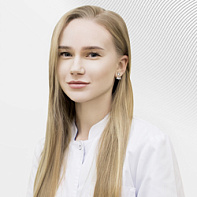
Trofimova Angelina
-
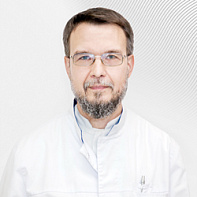
Isaev Dmitry
Ph.D. of Biological Sciences
-
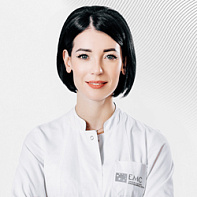
Desyatkova Nina
-
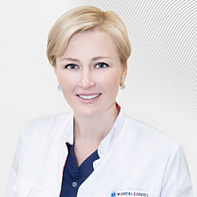
Belousova Nadezhda
-
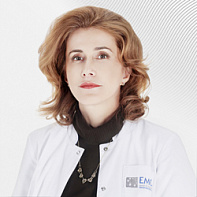
Madan Korneliya
-
.jpg)
Yutkin Evgeny
Head of the Embryology Department of the Reproductive and Antenatal Medicine Clinic at the EMC, Ph.D. of Biological Sciences
-
.jpg)
Volodyaev Ilya
Ph.D. of Biological Sciences
-
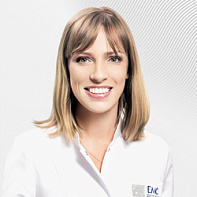
Voznesenskaya-Tverdaya Juliya
Head of Clinic of reproductive and prenatal medicine at EMC
-
Keburija Lela
Ph.D. of Medical Sciences
- Conducts the reception of patients with infertility, miscarriage, conducts all stages of ART programs
- Performs diagnostics and treatment of a full range of gynecological pathology (management of patients with endometriosis, uterine fibroids, polycystic ovarian syndrome, menstrual disorders)
- She graduated from the Russian National Research Medical University named after N.I. Pirogov with a degree in Medical Science and a residency in Obstetrics and Gynecology
Total experience
9 years
Experience in EMC
since 2023
